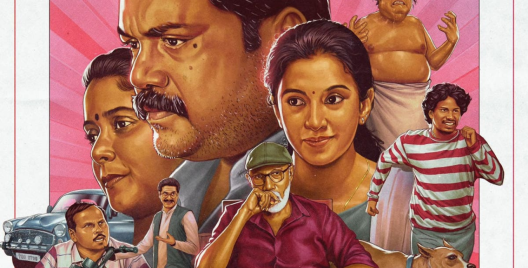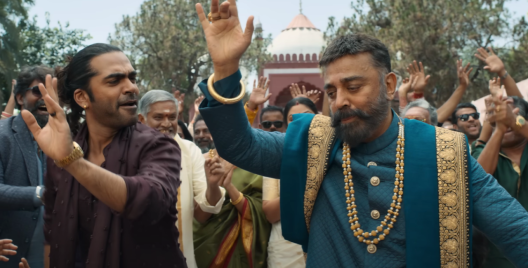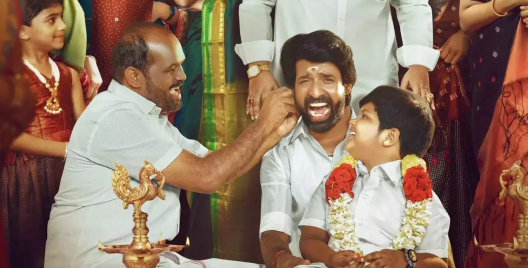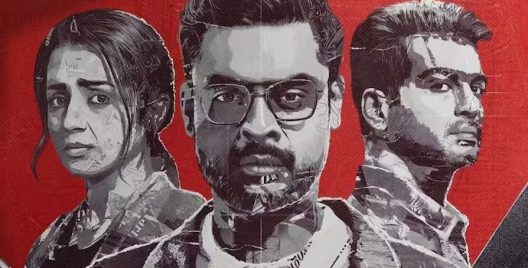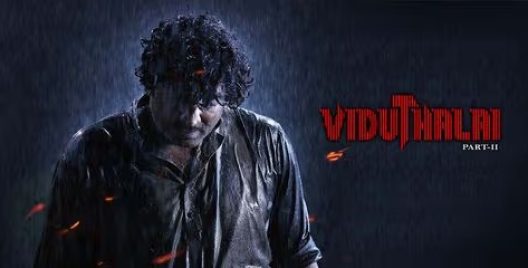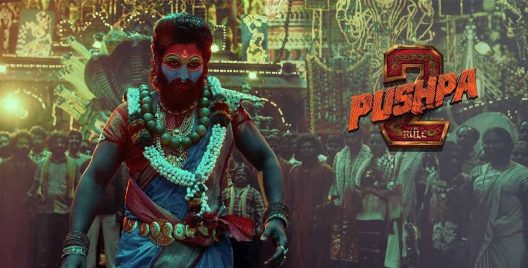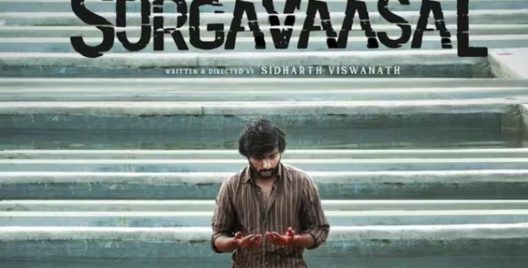Vanga’s previous films – Arjun Reddy (2017) and its Hindi remake Kabir Singh (2019) – were heavily criticised for glorifying toxic masculinity. The director went on to justify several problematic representations in the films, infamously claiming in an interview that if “you can’t slap, if you can’t touch your woman wherever you want, you can’t kiss, you can’t use curse words then I don’t see emotions there.” He also swore that he would make a far more violent film than Arjun Reddy/Kabir Singh, and the result is Animal, a film where the protagonist wears toxic masculinity like a medal pinned to his chest.
But first, what is toxic masculinity? It is the idea that traits associated with being “manly” or “masculine” can often have a negative impact on men themselves, the people associated with them, and society at large. Thus, a man who believes he is the provider and protector of his family can exert power and control over his mother, sisters, girlfriend/wife and children to an extent that they feel threatened by him. His violence towards them and others is justified as “love” and “care”. If they disagree or disobey him, he feels entitled to punish them.
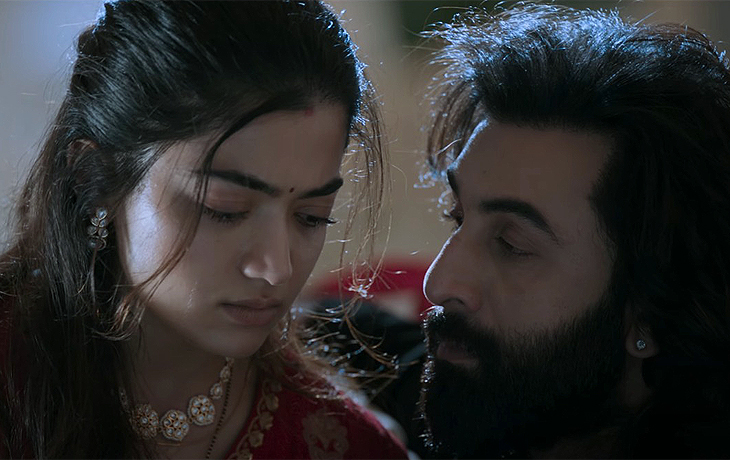
Vanga’s protagonists are the definition of toxic masculinity. In Arjun Reddy and its remake, the hero merely sees a young woman in college and “marks” her as his own. The film shows the negative impact that Arjun’s self-destructive behaviour – addiction to alcohol and drugs – has on his health and career, but his treatment of the female lead is romanticised as a love saga. In Animal, Vanga deliberately amplifies Ranvijay Singh’s toxic masculine traits to bait those who had criticised his previous work. So, when his sister is molested in college, schoolboy Ranvijay appoints himself as her “protector”, marches into the classroom and fires a gun. He decides what alcohol his sisters should drink (wine, not whiskey), kills the spouse of one and tells the other that she must only marry a man that he approves of. When he falls in love, it is with a woman who is just about to get married – Geethanjali (Rashmika) – and he convinces her to break off the engagement by commenting on the size of her pelvis and presenting himself as an “alpha male”.
The narrative spends very little time exploring the relationship between Ranvijay and his father, and the focus is on his “animal” nature – committing mass murder with no consequences, being violent towards his wife and later, a lover (Tripti Dimri). But how is this depicted? Is it represented, critiqued or glorified?

Bhadran’s Spadikam (1995) is also about a troubled father-son relationship, and the consequences that this has on the son. A bright boy who yearns for his father’s love but is spurned and cruelly punished at every turn, ‘Aadu’ Thoma (Mohanlal) becomes a decadent monster who revels in offending his father (Thilakan). As in Animal, here too, the protagonist is violent, self-destructive and enjoys displaying his virility to prove a point. His father even names his son’s lorry “Chekuthan” or the “devil”.
But, there is a character arc for ‘Aadu’ Thoma in the film – as much as his masculinity is showcased, the film doesn’t stop with just that. Thoma’s rebelliousness, grief, regret, hurt, love – all of these emotions are explored. Thulasi (Urvashi) loves and stands by Thoma though he humiliates her and his violent ways aren’t desirable, but there is a background to this. She is his childhood friend who has witnessed what happened to him because of his father. At the end of the film, Thoma’s actions catch up with him even if he wants to be a reformed man. He is arrested for murder. Thoma isn’t glorified, he is understood.
In contrast, Animal celebrates Ranvijay’s actions and his masculinity without adequately critiquing any of it. In his review that mostly praises the film, veteran director Ram Gopal Varma called the scene where Ranvijay repeatedly hurts Geethanjali by pulling at her bra straps as “comic”. She tells him to stop, but he doesn’t listen. We then see that her back is red and scarred because of what he has done. This is a scene of sexual assault and domestic violence, but it is possible for somebody to view it as “comic” because the film language repeatedly sets up Ranvijay as a hero worthy of emulation even as it exaggerates his masculinity to absurd levels. It’s possible to take an affectionate view of his toxic behaviour. By the time Geethanjali stands up to Ranvijay and decides to leave him, she is as inconsequential to the audience as she is to him.
Lijo Jose Pellissery’s Jallikattu (2019) was also about how easily the line between man and beast can dissolve – but we are never in doubt when watching the film about its intent. As the men throw themselves at each other in their hunt for an escaped buffalo, forgetting centuries of evolution and civilization, the subtext in the film becomes apparent. This bestial behaviour isn’t centered on one exceptional individual but is applicable to everyone. The film language does not glorify this tendency, it makes us self-aware.

A section of the audience that liked Animal has claimed that the film, in fact, satirises toxic masculinity. Even if one were to ignore Vanga’s interviews that justify the world view of his protagonists, it is difficult to see how. Like Ranvijay Singh, Shammi (Fahadh Faasil) of Kumbalangi Nights (2019) is also an “alpha male” who believes in controlling the women in his life. But throughout the film, Shammi’s actions are mocked, and in the climax, he clearly emerges as a mentally ill psychopath. His famous line “Shammi hero aada hero” (Shammi is a hero, he’s a hero) is ironically aimed at protagonists like Ranvijay Singh of Animal – men whose toxic masculinity is an illness but are portrayed as heroes.
The box office success of Animal isn’t surprising at all. It has plenty of violence, sex and misogyny, and it does nothing to challenge archaic ideas that already exist in society. It allows the audience to feel rebellious without actually having to rebel, and that’s its biggest draw.





